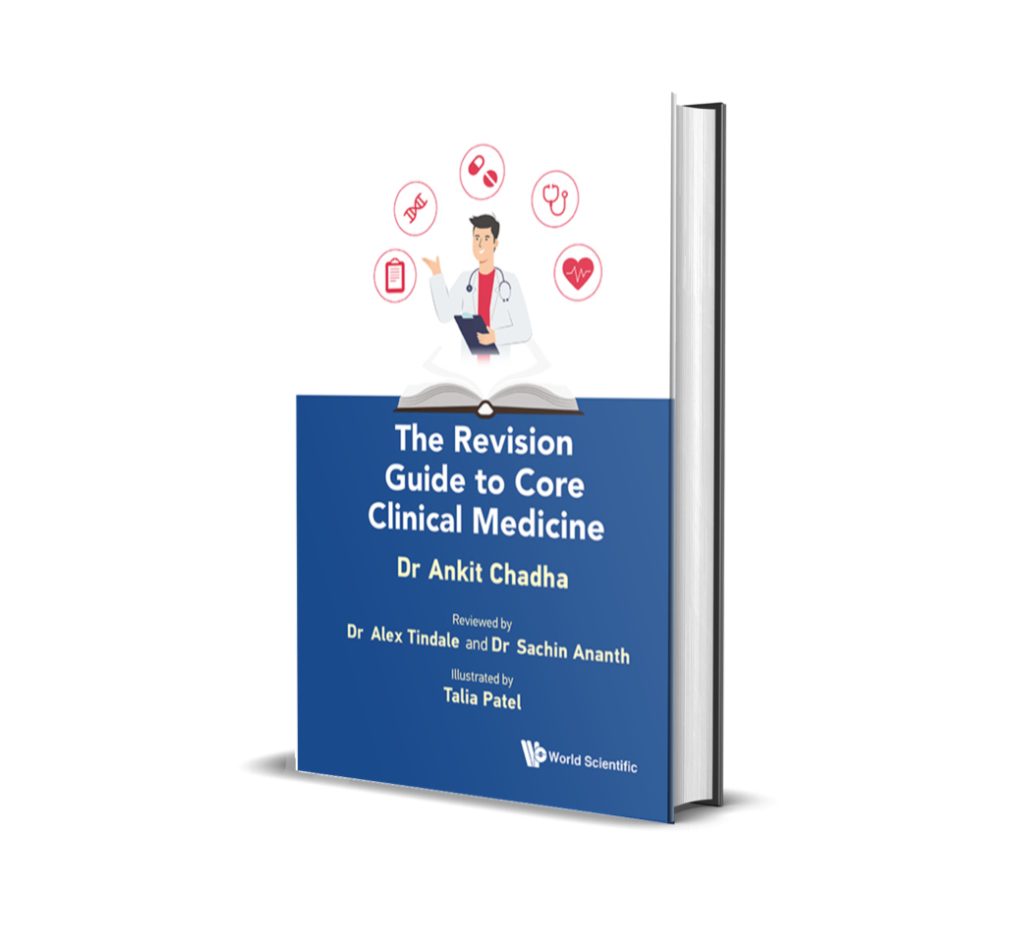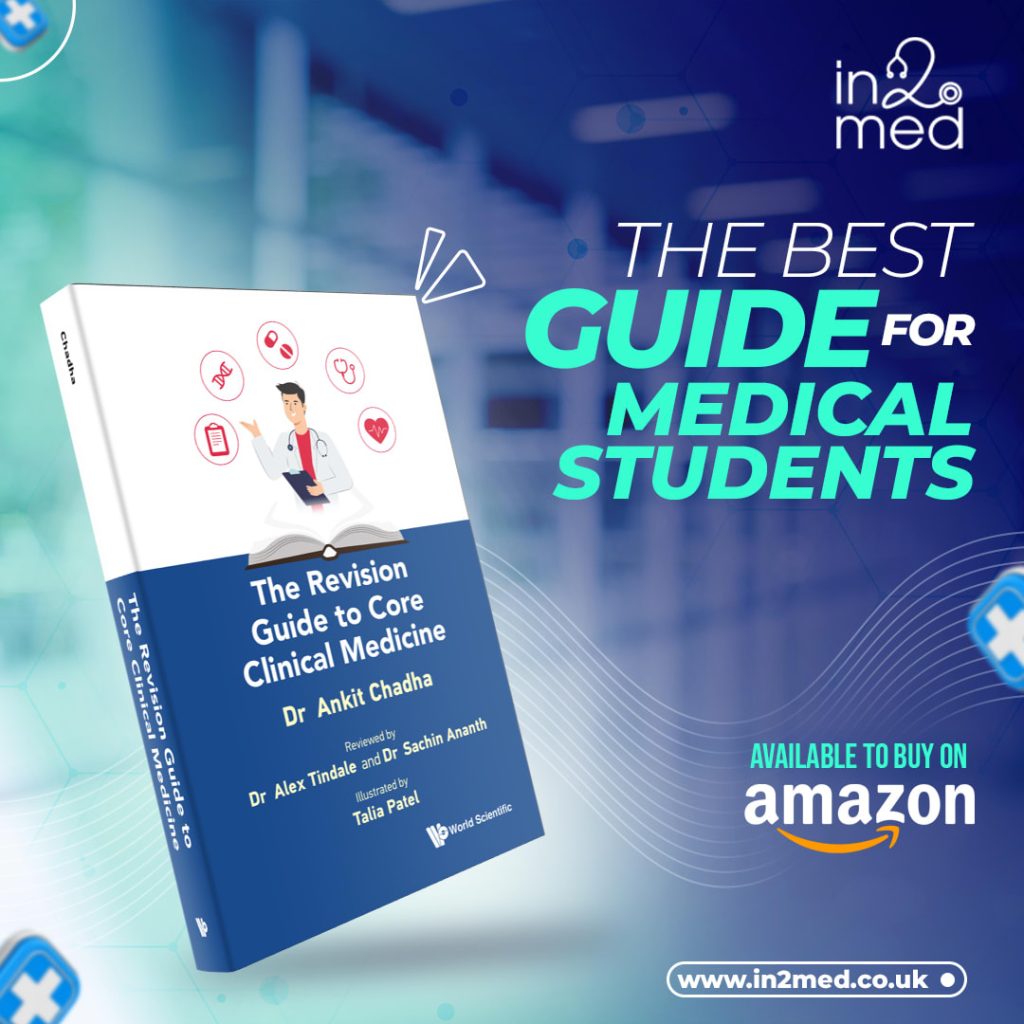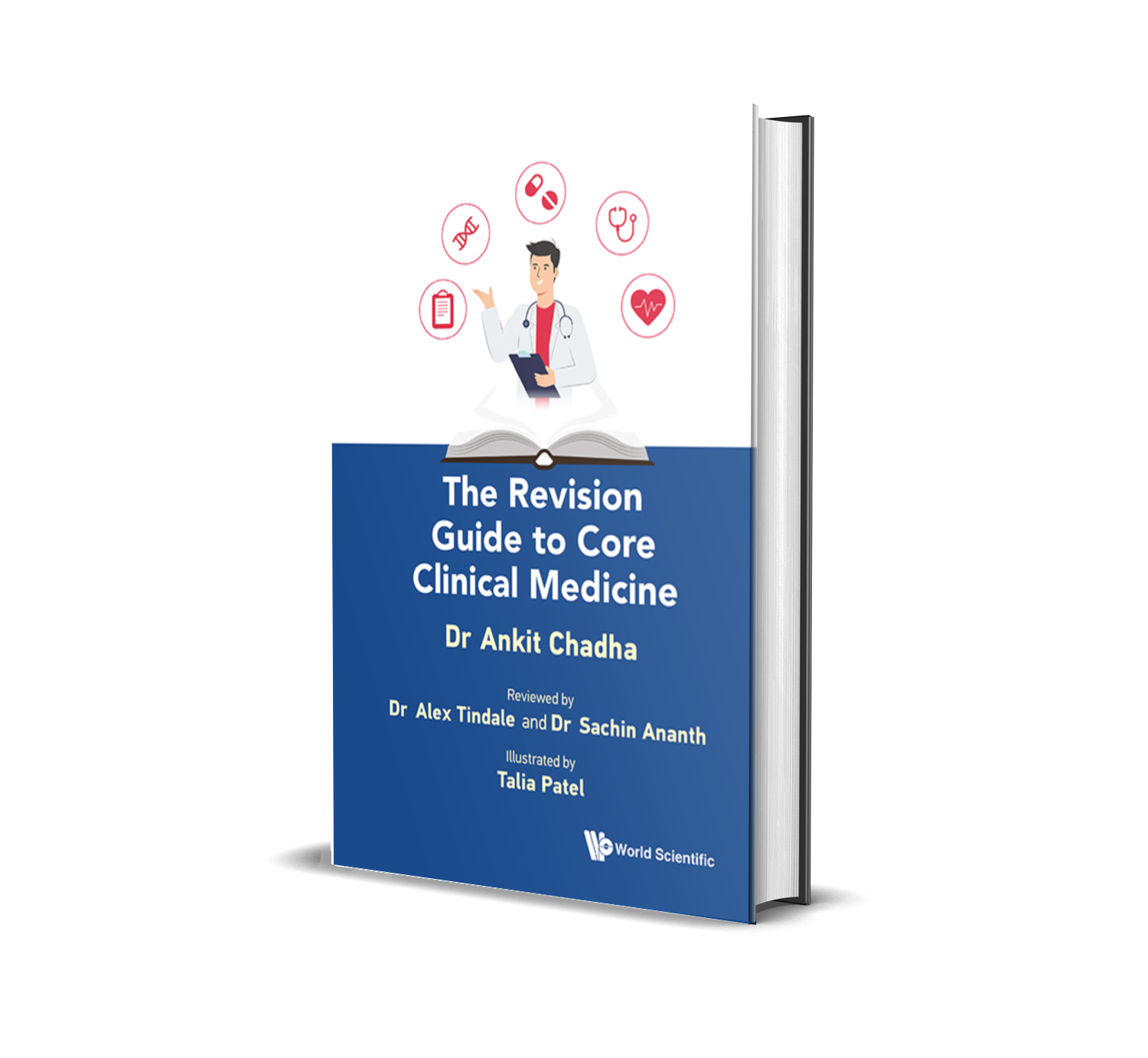Back to: Paediatrics
Infection and Immunity
Maternal antibodies start transferring across to the fetus in the last trimester. When maternal antibody levels decline, infants can then become susceptible to viral infections.
– In addition to the normal vaccines, there are selective immunisation groups:
i) Hepatitis B –> gives to babies born to hep B infected mothers (3 shots)
ii) TB –> BCG vaccine is given to infants born in high-risk country or with parent from high-risk country. (1 shot)
Contraindications to Vaccination
You cannot immunise children in certain situations. These include:
– If they have anaphylactic reaction to a previous dose of vaccine with the same antigen
– It they have anaphylactic reaction to another component in the vaccine (e.g., egg protein in the flu vaccine)
– Diphtheria vaccine –> cannot give if evolving unstable neurological condition
– MMR –> cannot give if allergic to neomycin, antibody therapy within past 3 months or those who have received another live vaccine by injection within 4wks
Neonatal Infections
Early Onset Infection
This describes an infection which occurs with an onset <72rs after birth
– The most common pathogen is Group B Streptococci, then E. Coli and Listeria
– The infection can originate in many sources, but the most common is an ascending infection from the birth tract
– Bacteria ascended from the birth canal and invaded the amniotic fluid
– The fetus is infected because the foetal lungs are in direct contact with infected amniotic fluid
– This leads to pneumonia and septicaemia
Risk factors:
– Prematurity, premature rupture of membranes, Chorioamnionitis
– IV antibiotics given to mother within 24 hours of delivery
– Infection in another baby if multiple pregnancies
Symptoms:
– Respiratory distress –> cyanosis, grunting, tachypnoea
– Shock
– Seizures
– Cyanosis and requiring mechanical ventilation
– Floppiness
– GI symptoms –> inability to feed, abdominal distension and vomiting
Management:
Start antibiotic treatment if any red flags or 2+ risk factors:
– Empirical antibiotics given before blood culture results –> IV benzylpenicillin + gentamicin
– If cultures + CRP are negative, and the infant is asymptomatic, antibiotics can be stopped after 36-48hrs
Late Onset Infection
This describes an infection in neonates that occurs >72 hours after birth
– Unlike in early onset infection, the main source of infection is environmental (hospital or community)
– Most common is Coagulase-negative staphylococcus e.g., staph epidermidis
– Also due to community organisms S. Aureus and E. coli
Risk factors:
Prematurity, underlying cardio/respiratory disease, admission to NICU
Symptoms:
Similar to early onset infection
Tests:
Septic screen
Lumbar puncture
Management:
– 1st line –> empirical antibiotic treatment e.g., flucloxacillin and gentamicin
– If there is no improvement in symptoms –> can add antibiotics like vancomycin for coagulase-negative staphylococcus



